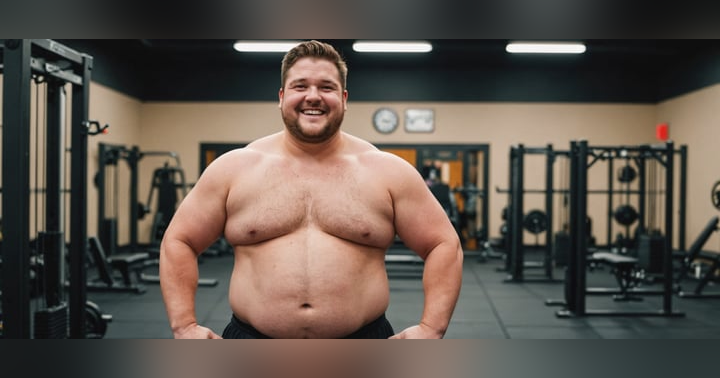Horror and Queer Identity: Exploring Resilience, Transformation, and Empowerment for Gay Men

Exploring the Queer Connection to Horror
Horror has always been more than just a genre of jump scares and chilling plots. For gay men, it holds a unique resonance, reflecting the shared experiences of marginalization, transformation, and resilience. The genre often explores the fears and challenges of those labeled as “other,” making it a mirror for LGBTQ+ audiences to confront societal rejection while finding empowerment in survival.
Ralph Anthony, host of The Scream Society, has embraced this connection. Through his podcast, Ralph examines how horror weaves together identity, trauma, and resilience. Inspired by iconic films like Scream, he delves into stories of slashers, true crime, and the paranormal, highlighting how the genre parallels the struggles of queer individuals. For many, horror isn’t just entertainment—it’s a lens through which to explore the fears, challenges, and victories that define their lives.
The “Other” in Horror and Queer Identity
The themes of "otherness" and transformation central to horror are profoundly relatable for queer audiences. Horror often positions its protagonists—and even its antagonists—as societal outcasts, reflecting the lived experiences of LGBTQ+ individuals. In fact, many iconic horror fixtures defy norms and challenge societal expectations in ways that resonate deeply with queer viewers:
- Vampires, with their seductive allure and defiance of tradition, symbolize queer liberation and desire.
- Witches, often ostracized and feared, represent powerful outsiders resisting oppression.
- Werewolves, with their dual identities and constant transformation, echo the complexities of navigating queerness.
Just as horror’s monsters are often misunderstood but ultimately celebrated for their strength, LGBTQ+ audiences see themselves reflected in these narratives of resilience. Essentially, the genre provides a powerful lens through which queer individuals can reclaim power, honor their differences, and confront both personal and societal fears. By embracing what society deems "monstrous," queer individuals find catharsis, community, and a celebration of their uniqueness, emerging stronger for it.
Representation Matters: Breaking New Ground in Horror
Historically, queer characters in horror were relegated to stereotypes, side roles, or subtextual allusions. However, recent films have begun to challenge these conventions by creating fully realized queer characters with depth, agency, and resilience.
Mindy Meeks-Martin, a standout from the latest Scream films, exemplifies this shift. As an openly queer character, Mindy is both humorous and resourceful, breaking free from the trope of queer characters as mere comic relief or victims. Her ability to survive and thrive within the narrative is a step forward for inclusivity in mainstream horror.
Yet there is a growing call for even greater representation. The idea of a queer "final character" in a blockbuster horror film—someone who stands at the forefront of the story, facing and defeating terror—offers a new vision for the genre. This protagonist could expand the narrative of survival and triumph, reflecting the broader struggles and victories of queer audiences. A queer "final character" would also affirm that LGBTQ+ individuals belong at the heart of cultural storytelling, not just at its margins.
Queer Horror as Empowerment and Catharsis
Horror’s enduring focus on survival also aligns closely with the experiences of gay men navigating a world often fraught with challenges. For queer audiences, this genre offers more than scares—it’s a mirror to their own resilience and a reminder of the importance of self-care amidst adversity. Much like the characters who endure relentless terror and emerge stronger, queer individuals often navigate a world that demands both vigilance and self-preservation.
As horror continues to evolve, it has the opportunity to further embrace and celebrate queer identities. By prioritizing representation and centering LGBTQ+ characters, the genre can inspire audiences not only to face their fears but also to see their strength reflected on screen. Whether through characters who challenge stereotypes or stories that highlight themes of perseverance, queer horror has the potential to inspire audiences to watch their own backs, care for themselves, and thrive despite the challenges they face.
And remember: every day is all we have, so you've got to make your own happiness.
For more information on this topic, listen to Episode 80. Queer Haunts: Happy Halloween (with Ralph Anthony).
Tune into your favorite podcast player every Tuesday for new episodes of A Jaded Gay.


















